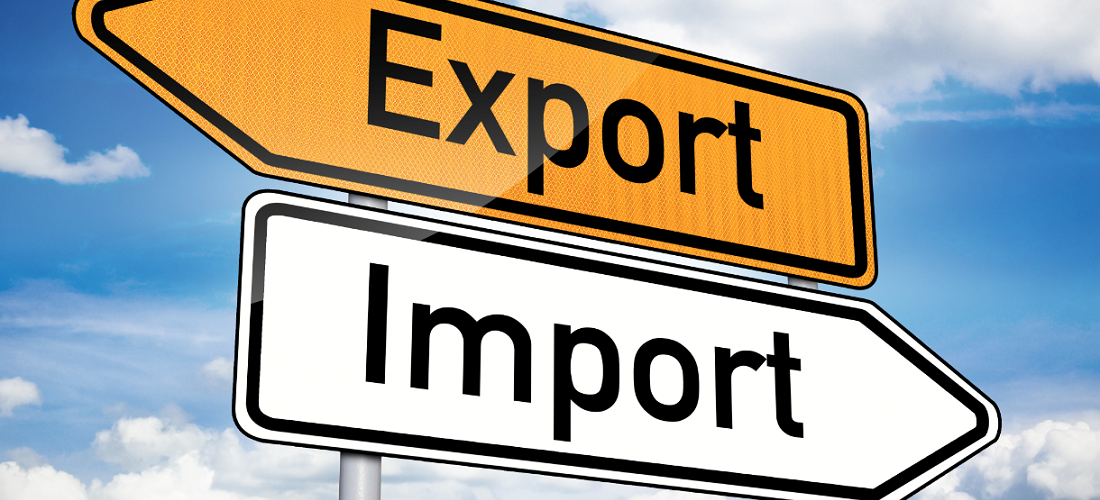
Drawback
Mar, 22, 2023The drawback is a special customs regime considered to be a tax incentive for exports. According to the terms of Law No. 8402/1992, the drawback regime provides for the suspension or elimination of taxes on inputs acquired to be used in producing goods that are to be exported. In short, drawback allows a product to become more competitive for export.
Drawback modalities
There are three modalities for this customs regime:
- Drawback suspension: A drawback suspension occurs when SECEX (the foreign trade secretariat) suspends tariffs on imported inputs that will be used in product industrialization. The company receiving this benefit must ensure that the imported inputs are used in the manufacture of products for export. If this does not happen, the company loses the tax benefit and may be fined.
- Drawback exemption: This modality provides an exemption from taxes on imported goods that were acquired previously but that will now be used to replenish stocks. The exemption drawback is granted only if the merchandise is imported in quantity and quality equivalent to the last purchase.
- Drawback refund: As the name implies, this modality allowed a refund of taxes paid at the time of import in part or in full, but it is no longer used. It was granted when the company did not intend to replenish the stock after importing inputs for industrialization and paying the taxes.
The entity responsible for administering the first two types of drawback is SECEX, of the Ministry of Development, Industry and Foreign Trade (SECEX Ordinance 23/2011). Other modalities of this special customs regime are the drawback for the vessel and the drawback for supply in the domestic market.
According to the Brazilian Federal Revenue Service, the granting of the special drawback regime does not guarantee the receipt of an import quota for goods or exports for a product subject to contingency, nor does it exempt the import and export of the prior consent of other bodies, when applicable.
This special customs regime also cannot be granted imported goods to be used in the industrialization of products intended for consumption in the Manaus Free Trade Zone or in free trade areas, for the import or export of suspended or prohibited goods, for exports against payment in national currency or payment-accord currency or other non-convertibles, nor for the import of oil and its derivatives.
-
Apr, 01, 2025
0
Porto de Cabedelo Handles Over 172,000 Tons in March
-
Economy
Oct, 01, 2024
0
Climate events to slash over 12% of Latin America’s GDP by 2050
-
Meat
Dec, 03, 2018
0
Federal Police finds irregular tax practices at Marfrig
-
Other Cargo
Jun, 20, 2022
0
Bolsonaro announces new tax reduction for video game imports



